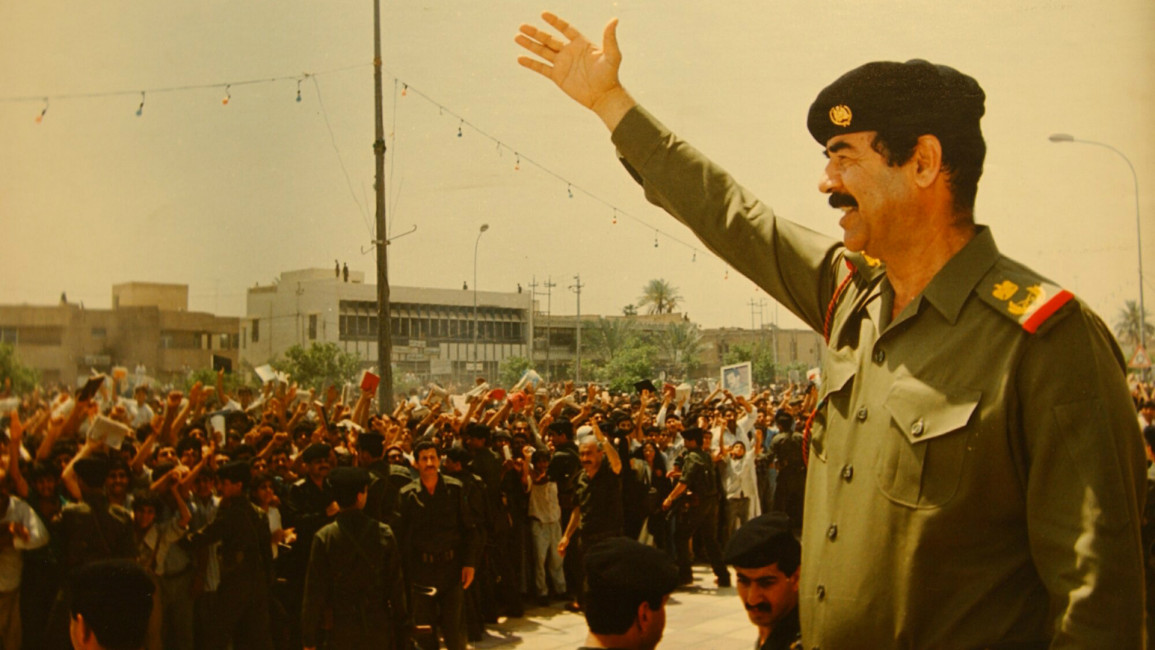
CIA interrogator: 'Saddam Hussein should have stayed in power'
Former Iraqi dictator Saddam Hussein should have remained in power to keep the country together, the CIA official who interrogated the leader following his capture by coalition forces in 2003 has claimed.
In a new book revealing the conversations he had with the toppled dictator, John Nixon said that while he found Hussein "thoroughly unlikeable", he developed a "grudging respect" for how he appeared to keep the country together.
"When I interrogated Saddam, he told me: 'You are going to fail. You are going to find that it is not so easy to govern Iraq.' When I told him I was curious why he felt that way, he replied: 'You are going to fail in Iraq because you do not know the language, the history, and you do not understand the Arab mind," Nixon wrote for the Time magazine website.
The US-led invasion of Iraq was supposed to usher in a new age of democracy for the country and overthrow a brutal and unstable dictator. Unfortunately, it triggered more than a decade of sectarian strife in Iraq.
The power vacuum, turmoil and the intervention of foreign powers - both international and regional - created fertile ground for Sunni militant groups to flourish and emboldened the neighbouring Iranian regime.
Nixon now believes a ruthless strongman in power was necessary to maintain stability among Iraq's tribal population.
 |
Saddam's leadership style and penchant for brutality were among the many faults of his regime, but he could be ruthlessly decisive when he felt his power base was threatened |  |
"Although I found Saddam to be thoroughly unlikeable, I came away with a grudging respect for how he was able to maintain the Iraqi nation as a whole for as long as he did," wrote Nixon. "He told me once, 'Before me, there was only bickering and arguing. I ended all that and made people agree!'"
"I doubt that he would have had much to worry about from an event like the Arab Spring," Nixon added.
"Saddam's leadership style and penchant for brutality were among the many faults of his regime, but he could be ruthlessly decisive when he felt his power base was threatened, and it is far from certain that his regime would have been overthrown by a movement of popular discontent.
"Likewise, it is improbable that a group like [the Islamic State group] would have been able to enjoy the kind of success under his repressive regime that they have had under the Shia-led Baghdad government."
While it is a simplistic belief that tyrannical, autocratic rule would stamp out any rise in extremist militancy, Nixon's comments may well be music to President-elect Donald Trump's ears.
With an "America First" attitude towards the Middle East, Trump has previously expressed his preference for keeping dictators in power, evidenced by his growing relationship with Egyptian dictator Abdel Fattah al-Sisi.
He has also previously praised Saddam for his efficiency in "killing terrorists" and claimed Iraq and Libya would be better off if Saddam and Libyan dictator Muammar Gaddafi were still alive and in power in their respective countries.




